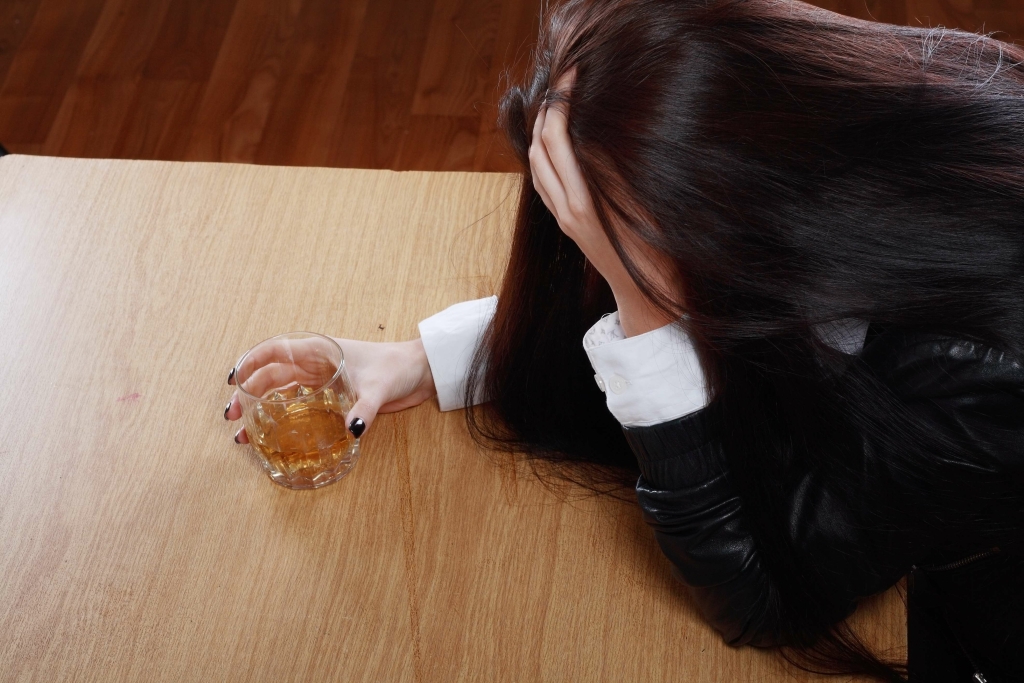Marriage counseling can provide a safe and objective space for the couple to discuss their feelings and work towards rebuilding their relationship. Additionally, a therapist can provide invaluable guidance in terms of how to manage triggers, cope with stress, and practice healthy communication. This means providing the person in recovery with a safe and healthy environment in which to work towards recovery. This might include attending therapy and support group sessions, creating an aftercare plan, and committing to regular communication with the partner. Additionally, it is important to maintain a healthy lifestyle, including adequate rest, nutrition, and exercise, to promote overall well-being and reduce the risks of relapse. In my experience, I believe the timeline is relevant to ground zero.
What does life look like after rehab and what are the potential challenges?

After a couple months I reached out to find some answers. She told me that she couldn’t be in a serious relationship and that she’s in a different place right now. Unfortunately I didn’t educate myself on the subject enough. I kept asking her what her true feelings for me were and if she still loved me, to which she answered she had no romantic feelings toward me.
Understanding the Samba Recovery Approach to Addiction Treatment
In conclusion, the question of whether marriages last after rehab is a complex and nuanced topic. While there may not be a definitive answer, what is certain is that marriages can be strengthened or tested by the process of addiction recovery. Through our discussion, we have explored various factors that can contribute to the success or failure of marriages after rehab. Couples addiction treatment helps partners support each other’s recovery. They can offer support, accountability, and understanding, boosting long-term recovery. Separation from family, employment, and responsibilities may strain relationships outside therapy.
While marriages after rehab can thrive with proper preparation and dedication, there are certainly unique challenges that come with it. Daily stresses, triggers, and temptations can all put a strain on a marriage if not properly addressed. A marriage can indeed be saved after infidelity, but it will not be an easy road, and both partners must be fully committed to the process. Psychiatrist Dr. Scott Haltzman, the author of The Secrets of Surviving Infidelity, cites that an average of 4 in 10 marriages will experience an affair in his research. Sometimes the shock of finding out your partner has been unfaithful makes the answer unclear.
What is Couples Rehab?
In addition, quitting drugs and alcohol also usually comes with mental health conditions, like anxiety or anhedonia (inability to feel pleasure). The partner in recovery may experience irritability and even have angry outbursts. The emotional toll of living with someone who has an addiction can also be overwhelming for spouses.
- Restoring trust, enhancing communication, and addressing underlying issues may help couples overcome addiction.
- Having people who understand the challenges of maintaining sobriety while also being in a committed relationship can provide valuable guidance and encouragement.
- Addiction creates emotional distance, trust issues, and financial strain, leaving spouses feeling helpless, angry, and betrayed.
Anger, grief, confusion, and even shame are common responses to discovering a long-term affair. Many betrayed partners feel as though they’ve lost control of their lives, questioning their self-worth and their ability to trust others. These resources alcoholism treatment can serve as valuable tools for couples looking to heal from the impacts of infidelity and work towards rebuilding a stronger foundation for their marriage. Forgiveness also benefits the person granting it by promoting emotional healing and growth. It empowers individuals to take control of their own happiness and well-being instead of being consumed by bitterness or resentment. By practicing forgiveness, individuals can experience relief from carrying the burden of anger and find peace within themselves, regardless of whether the marriage survives or not.
Don’t:
- Addiction can take over your identity, making it hard to know who you are without it.
- Drug rehab centers for couples have benefits but also hazards and obstacles.
- This may involve steering clear of parties, bars, or gatherings where substance use is prevalent.
- “In sickness and in health.” Those words are a familiar part of a marriage vow, when a couple commits to staying together no matter what.
Whether it’s calling a friend, going for a walk, or practicing mindfulness, having a bank of healthy coping mechanisms in your arsenal helps you feel like you have more options. This helps you feel more in control of the situation divorce rates after sobriety rather than powerless to your craving. Filling your schedule with healthy activities — whether work, exercise, hobbies, or time with supportive people — can help you avoid slipping into old habits.

Timelime
Recovering from infidelity is a deeply personal journey that varies for each individual and couple. It often involves rediscovering trust, navigating complex emotions, and making decisions about the future of the relationship. I accidentally found out about my husband’s long term affair after he had a stroke.I ‘could not’ act out/grieve because I had to take care of him. It’s been 10 months butI still feel very sad and overwhelmed at times. God spared him and he is doing quitewell although a little slow with his speech. My spouse cheated on me with my best friend of 20+ years.

Developing healthy mental wellness habits
One way to strengthen your relationship before getting married is by attending couples counseling. This can help address any underlying issues that may arise during your time in recovery and provide a safe space for open communication. A therapist can also assess if both partners are truly ready for marriage and help address any concerns or doubts.
Marriage after rehab
Common triggers include stressful situations, emotional upheaval, or associations with individuals still using substances. Developing strategies to cope with triggers—such as https://ecosoberhouse.com/ mindfulness, breathing exercises, or calling a support person—is essential. In summary, trust rebuilding strategies include honesty, consistency, sincere remorse, healthy boundaries, dependable actions, and ongoing support. With commitment and patience, damaged relationships can be restored, paving the way for healthier and more resilient connections post-addiction. Addiction affects every facet of a person’s life, especially their relationships with loved ones. The journey to rebuild trust, communication, and emotional bonds after addiction is complex yet achievable.
